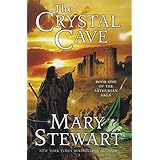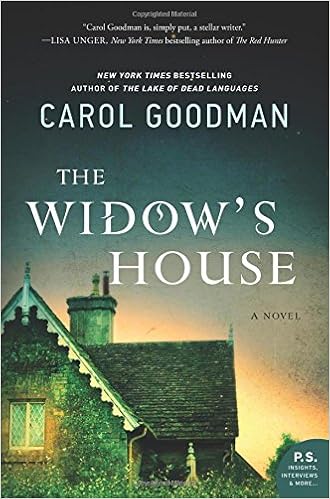Right now I’m looking for a sentence. Not just any old sentence—the first sentence of my WIP. Sometime when I was working on the final edits to
A Palette for Murder I thought of the perfect sentence for the next book. I wrote it down in a safe place so I wouldn’t lose it. Trouble is, I don’t remember where that “safe place” is. It could be anywhere.
I tend to write down my thoughts in random places on pretty much anything—Post-it notes, envelopes, travel brochures, stray pieces of paper. I’ve even written a short note on my hand when nothing else was available. (Hey, it’s washable!) I always intend to transfer these gems somewhere more permanent, but they don’t always make it. I’m a lot like my amateur sleuth, Aurora Anderson, in this respect. She learned her lesson in
Fatal Brushstroke when a Post-it note she’d written something on ended up where it shouldn’t. Unfortunately, I haven’t yet learned mine.
So now I’ve started writing everything to do with a story in blank notebooks I pick up all over the place. Okay, mostly at Disneyland. I’m hoping I’ll lose less that way.
I may have problems keeping track of notes, but I don’t have a problem keeping track of the timeline for my books. I’ve got a system for that.
In a past life, I worked as a script supervisor on a handful of student films. That’s the person responsible for preserving continuity while filming—within a scene as well as between scenes. As you might guess, there’s a lot to remember so script supervisors use all kinds of forms to keep track of important information. When I started writing mysteries, I realized some of those forms could be repurposed to do the same for a book.
One of my script supervisor duties was to create a list of “one-liners”. Essentially, these are one line descriptions of what happens in each scene. In the course of working on those, I also noted down the time within the story, i.e. when a scene takes place in relation to other scenes.
I modified the Story Breakdown/Chronology form I used on those films, substituting ‘chapter’ for ‘scene’ and voila! I have a way to keep track of the timeframe of each chapter and its contents.
I fill out the form as I’m writing. Whenever I have a question about when a scene takes place, I have a ready reference. It only takes me moments to find the answer. Or if I’m looking for when an event takes place, like the finding of a body, I can easily look that up as well. I also use it for a final review of my manuscript, making sure what I’ve written on the page matches the timeline I mapped out.
The form I use is a table with three columns labeled ‘Chapter’, ‘Time’ and ‘Description’. ‘Chapter’ is the chapter number. ‘Time’ is the day number on which the chapter takes place in the story. ‘Description’ is a one-line, barebones description of what happens in the chapter, something that will jog my memory about its contents. By the time you’ve finished a draft of a book, you’ll have all of the chapters listed with the time they occur and a short description.
Entries in the time column are in the format D or N followed by a number, e.g. D1 or N1 for day 1 and night 1, respectively. Chapters that take place during the day use the D designation; those that take place at night use the N designation. D1 is the first day in story time, D2 the second day and so on. D1 and D2 don’t have to be consecutive days, they could occur days, weeks or months apart. But, in terms of story chronology, D1 comes before D2. If there’s a gap in time, add a plus sign to the time designation. e.g. D1+ indicates a chapter that takes place on day 1, but there’s a gap in time from the previous chapter.
If a chapter spans more than one time designation, you can split it onto two lines or leave it on one line and put a slash between the times, e.g. D1/N1 denotes a chapter that takes place during the day as well as at night. Do whatever works best for you.
So, for the first chapter of my book,
Fatal Brushstroke, the columns in the first line on the form were filled in as follows: Chapter: ‘1’, Time: ‘D1 (Tues)’, Description: ‘Rory discovers body in garden and police come to investigate.’ (I like to keep track of the day of the week in the time column since that’s important to me; if you’re writing something where the actual date is important, put that there also.)
I don’t generally use flashbacks in my books, but if I did I’d probably use an FB designation for those to indicate they’re taking place at a different time. I generally have one line for each chapter though, if two chapters cover the same event such as a memorial service, I might combine them on one line.
That’s it. I hope you find this interesting and useful. It’s pretty easy to set up the form in Word or any other program you want to use. Now, back to seeing if I can find that sentence...

























